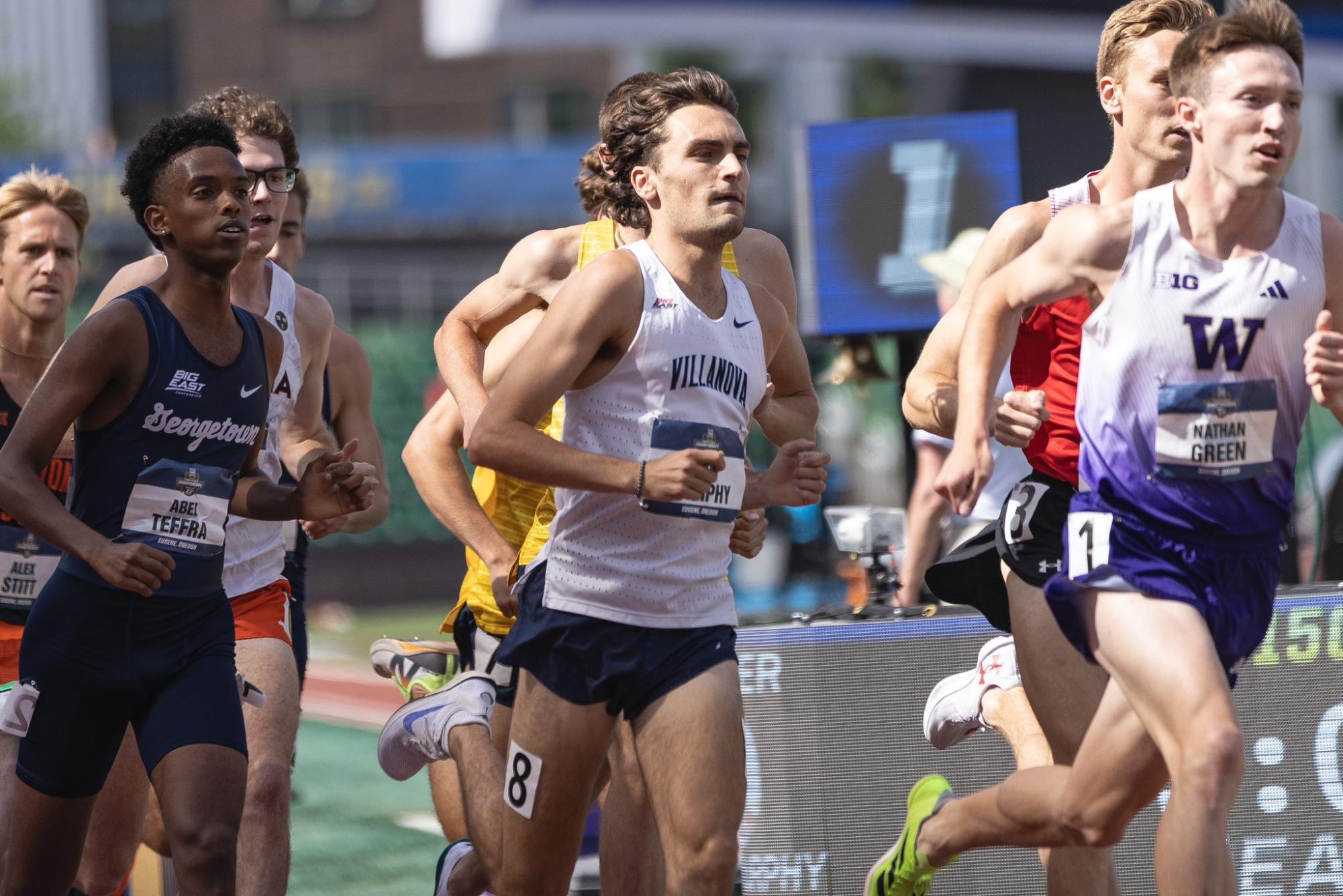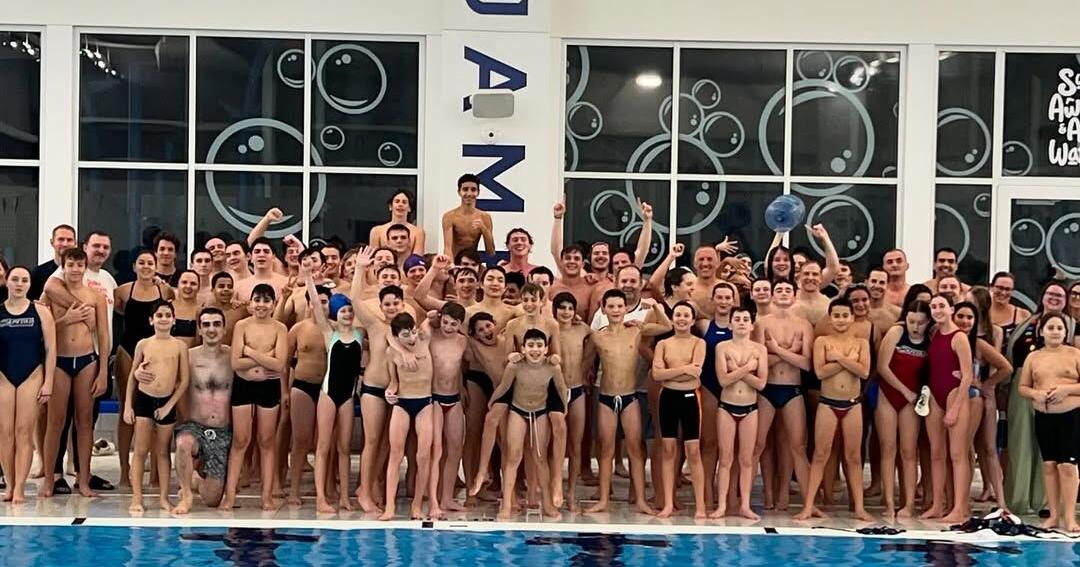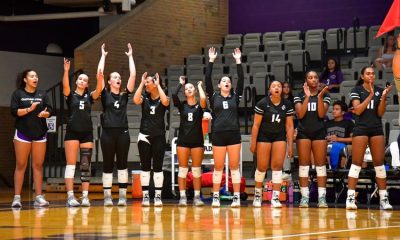In a place like Northern Virginia, a sport like water polo feels foreign to some. The region is home to numerous powerhouse high school basketball programs in addition to a litany of professionals in other sports. One of the things that few expect to emerge in the area is water polo. Nonetheless, Capital Water Polo Club aspires to fill the void left in the wake of the larger sports.
Ben Hoffschneider serves as both an assistant coach and the team administrator. He works tirelessly to ensure that Capital is well-positioned to thrive and continue growing. Hoffschneider has been with the organization since 2019 and helped battle through the pandemic, ushering in a new wave of athletes despite stay-at-home orders, he notes. Regardless, the pandemic did not stop the momentum that Capital has garnered over its first decade of existence.
Capital was established in 2011 with a straightforward goal: to bring water polo to Northern Virginia. Unlike in other areas where the sport is more popular, such as California, Texas and Florida, the suburbs of D.C. get consistent winters on an annual basis. That is a challenge in bringing the sport here as opposed to those other states. The team took up residence at The St. James in Springfield, an indoor facility, to work around the local climate.
“Our season runs 10.5 months out of the year,” said Hoffschneider. “Rain or shine, boiling or freezing, we’ll be there. The indoor pool takes really great care of us. That really unlocked our ability to make sure that we’re getting consistent training.”
Competitive water polo is a sport that, as expected, gets far less attention. Not only is it rarely featured on television, but the sport is also incredibly challenging. However, that is something that Hoffschneider finds to be a positive.
“I think the sport is steadily growing in the area,” said Hoffschneider. “One of the [reasons for that] is parents are hungry for a physically and mentally challenging sport for their kids, and the kids are hungry for competition… It’s an intense sport and incredibly physically demanding, mentally challenging, which is something that a lot of people are really hungry for [in this area]… As we can increase our level of competitiveness, it allows for us to have a larger footprint.”
Hoffschneider highlights the fact that water polo fosters a natural cultural exchange among its participants. To compete, Capital has to travel to tournaments. That has a pair of positive consequences. The first is that it allows the athletes to meet and learn about the different cultures of their opponents. The second is that the travel grants the team time to gel and bond with one another, creating a unique sense of community.
“We’ve got a very tight-knit community,” said Hoffschneider. “Something that I really enjoy as a coach is that if I’m traveling to a tournament, the kids get to build these great relationships with other players from around the country who have drastically different life experiences from them. We, as coaches, get to do the same thing. The knowledge and community help us all improve, both as water polo players and people.”
That community that Hoffschneider refers to is created by the team’s head coach, Miras Jelic. Hoffschneider praises Jelic for his ability to teach the sport while being a role model out of the water simultaneously. In particular, the ability to “point to (Jelic) as a large reason for our development” has impressed Hoffschneider. Moreover, Jelic, as Hoffschneider explains, has been a significant reason for the sport becoming more popular in the region.
The way water polo grows starts early in an athlete’s career. Hoffschneider admits that water polo is likely not the first sport that someone turns to in their youth. However, he will gladly take all of the former players from other sports. That starts, he says, when an athlete can be molded into a water polo player, typically at a young age.
“Our primary objective is that we really want to grow the sport,” said Hoffschneider. “We want to get as many people playing water polo as we can, especially in our like 10-, 12- and even 14-under age brackets where they’re at a point where they’re really just starting and they have an opportunity to really fall in love with the sport and become a water polo player.”
The brand of having played for Capital is another thing that Hoffschneider and his fellow team executives strive to create. Anything that is starting needs to have name recognition, and that is something that Capital is looking for as it grows.
“We want people to be proud that they play for us at Capital,” said Hoffschneider. “We want a name that can be recognized throughout the water polo community. That is something that’s achieved by hard competition and coming home with some hardware.”
As water polo grows in the Northern Virginia area, so will the imprint Capital has made. Hoffschneider reports that more people than ever are playing for the team, and success has followed. Over time, though, Capital will aim to establish Northern Virginia as a hub for water polo talent, just as other sports have achieved national prominence.
































































